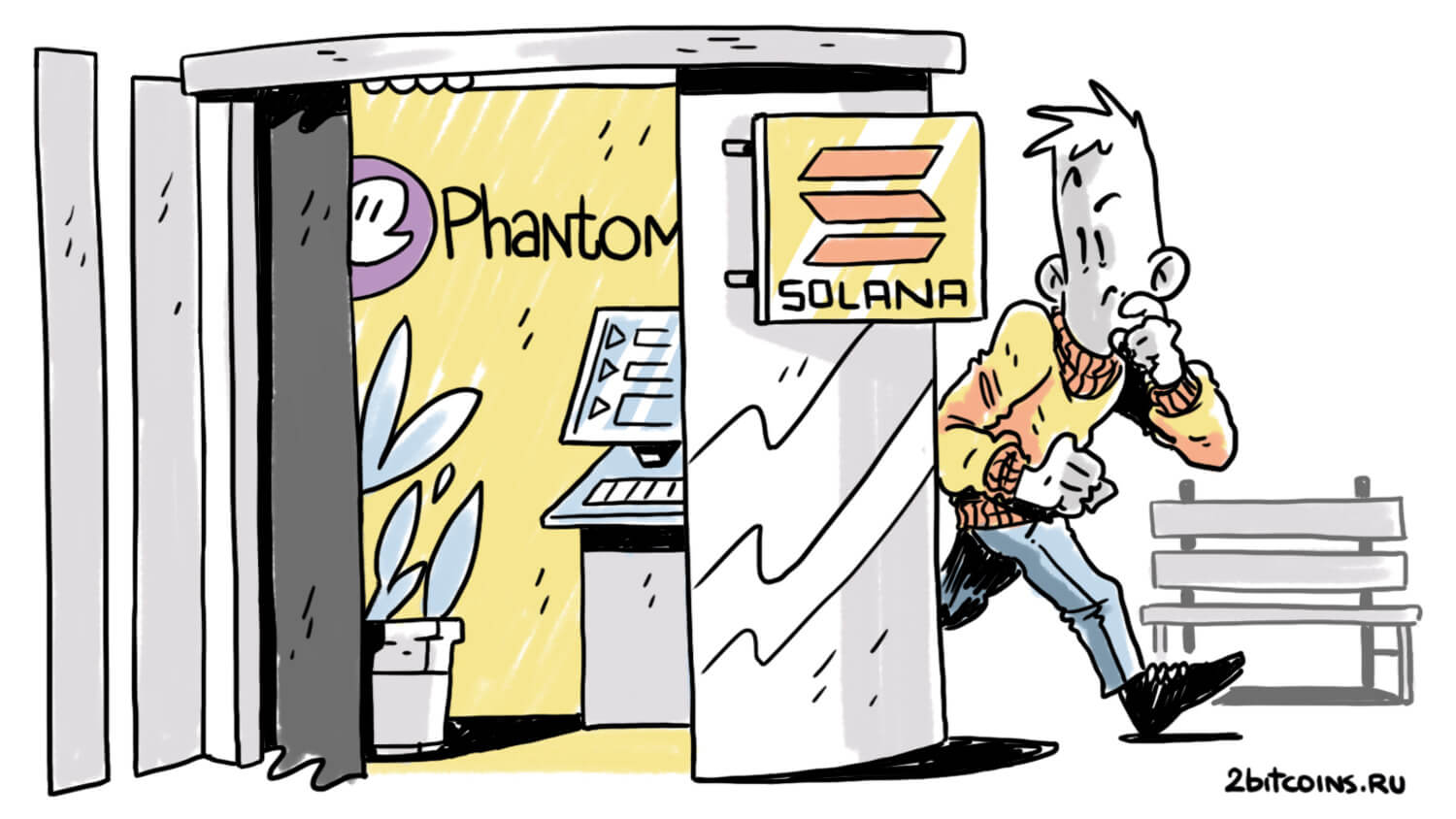The creator of the Payza platform received a prison sentence for trying to hide 450 bitcoins from the authorities. What was he trying to do?
Payza payment app creator Firoz Patel has been sentenced to 41 months in prison by a Washington court. He was accused of interfering with the judicial process and money laundering. The suspect tried to hide 450 BTC worth about $43.5 million at the current cryptocurrency exchange rate from government authorities, which prompted additional sanctions. These coins appear in another court case against Patel, so the court’s reaction was obvious.

Jail time for cryptocurrencies
According to Cointelegraph’s sources, 450 BTC should have been confiscated from the suspect as part of a federal court case back in 2020. At the time, Patel pleaded guilty to conspiracy to operate an unlicensed payment platform and money laundering.
In 2020, Patel was sentenced to three years in prison, after which he was required to remain on supervised release for two more years.
According to prosecutors, his payment platform Payza was processing crypto payments in the US without a licence. It also catered to financial criminals and fraudsters, which was also an additional problem for the then-accused.

Payza platform creator Firoz Patel
As part of the 2020 judgement, Patel was ordered to identify and turn over any assets he received from Payza’s operations. However, the defendant said at the time that he only had $30,000 in a retirement account, at which point his financial resources allegedly ended.
Shortly after his conviction and before going to jail, Patel began withdrawing bitcoins from the Payza platform and attempted to transfer them to Binance. However, representatives of the crypto exchange said that the defendant’s account was frozen in April 2021.
Patel then registered an account on the Blockchain.com platform in his father’s name and tried to transfer the coins there, but was blocked by the platform there as well. The accused then instructed a Payza employee to provide the platform with a fake ID to unfreeze the funds.
😈 MORE INTERESTING STUFF CAN BE FOUND IN OUR YANDEX.ZEN!
In prison, Patel was able to hire a fake lawyer in an attempt to confuse the prosecution process so he would have time to abscond with the withdrawn funds. However, the conspiracy was eventually uncovered. The fraudster has now received a continuation of his prison sentence, as well as forfeiture of his assets in the form of the aforementioned coins.
Crypto Fraud
The threat of fraud remains ever-present for users of various networks, but the latest to be at risk are users of the Solana-based Phantom wallet. Analysts of the Scam Sniffer platform have determined that attackers have started to use phishing tactics more actively, using fake pop-ups with wallet updates. This is how they attempt to steal their victims’ private keys.
If the user accepts the request from the pop-up message, the wallet opens a new window where you need to enter a cid-phrase. Thanks to this combination, scammers can easily withdraw all coins from the wallet to any desired address at their disposal.

Examples of fake Phantom pop-up window
Hence, the main conclusion is that you should not enter your cid-phrase online under any pretext. Most likely, this is something that scammers do. The only exception would be entering the combination on a new or reset hardware wallet, besides the cid will be useful when transferring the privatnik to another interface. So, if you are offered to enter a cid, you should at least be careful, understand what is going on and study the news - it is possible that the hack will soon become known.
Back in late January, Scam Sniffer experts warned Phantom users about pop-ups on malicious sites that mimic the wallet interface and offer to enter a cid phrase for a fake connection request.
To identify malicious pop-ups, analysts advise right-clicking on the links, as “phishing pages block right-clicking,” while genuine Phantom wallet windows do not restrict this action.
Also, you should check the links themselves – genuine Phantom pop-ups show “chrome-extension” as part of the link. Scammers can’t mimic them. Here’s a rejoinder on the subject.
Phantom popups act like system windows. They can be minimised, maximised and resized. Fake ones, on the other hand, are placed only as a browser tab.

A platform for immersing yourself in the Solana ecosystem
The active use of Phantom wallet is steadily growing amid the growing popularity of Solana-based meme tokens. According to DefiLlama, the wallet’s revenue from commissions totalled around $470,000 in the last 24 hours. On 19 January, Phantom’s daily revenue reached a record $3.6 million.
This story illustrates why cryptocurrencies are not a convenient tool for criminals, despite the claims of various officials. Thanks to the transparent blockchain, it is quite easy to track the actions of the right person. And in the end, one has to be held accountable for such actions.
You can find more useful information about cryptocurrencies in our chat room. Join us to keep up to date with what is happening inside the blockchain industry.
SUBSCRIBE TO OUR TELEGRAM CHANNEL TO KEEP UP TO DATE.
















